Christian History
Who Is Rev. John Harvard & Why Harvard University?

Christian History “My people are destroyed for lack of knowledge.” Hosea 4:6 |
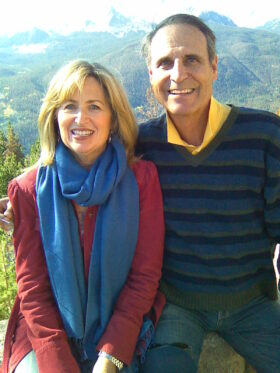
|
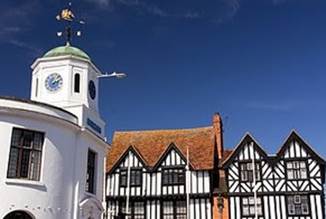
John Harvard’s grandfather lived in Stratford-upon-Avon and was an associate of Shakespeare’s father. His father was a butcher and owner of Queen’s Head Inn and Tavern. John Harvard was born in London and baptized on November 29, 1607, in the old St. Savior’s Parish near the London Bridge (present-day Southwark Cathedral). Most of his family died when a plague swept England in 1625.
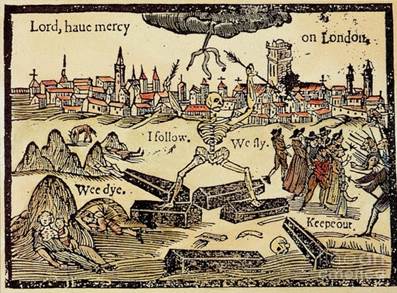
John Harvard’s mother and surviving brother died not long after the plague, leaving John the entire family estate. John is believed to have attended the grammar school at St. Savior’s, where the rector, Nicholas Morton, would have diligently prepared him for acceptance into Cambridge, a amazing achievement for someone of the commoner class at that time.
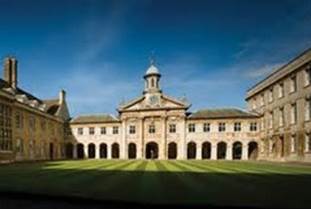
John Harvard entered Cambridge’s Emmanuel College, known for its Puritan views, the same school where Connecticut founder Rev. Thomas Hooker attended. John Harvard received his bachelor’s degree in 1632 and his master’s degree in 1635.
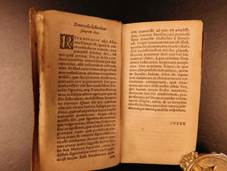
During this time after the Renaissance and Reformation, there was a “Hebrew Revival” among Protestant and Catholic scholars. They studied the ancient Israel, especially the first 400-year period in the Promised Land before Israel sinned in wanting to have a king “like the other nations” — Saul. That time of Israel was God’s original design for government, albeit some leaders were not good. It was that model that the founders of the Unites States tried to model – the self-governing ancient Hebrew republic.
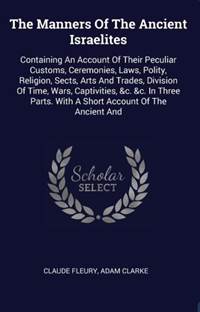
Claude Fleury wrote in The Manners of the Ancient Israelites (1681): “The Israelites were perfectly free. They enjoyed the liberty cherished by Greece and Rome. Such was the purpose of God.”
E.C. Wines wrote in Commentaries on the Laws of the Ancient Hebrews: “Of those great ideas, which constituted the basis of the Hebrew state, was liberty… The Hebrew people enjoyed as great a degree of personal liberty, as can ever be combined with an efficient and stable government.”
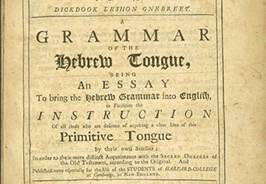
In England, the Universities of Oxford and Cambridge taught Hebrew. In America, Harvard students were required to study Hebrew. In 1685, Harvard had a commencement address delivered in the Hebrew language.
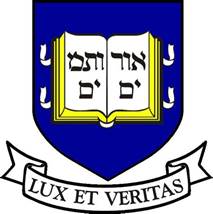
Yale, Dartmouth, Columbia, and other early American colleges had requirements for students to learn Hebrew. Yale has Hebrew letters on its Coat-of-Arms. In 1722, Harvard hired Judah Monis, its first full-time Hebrew instructor, who published A Grammar of the Hebrew Tongue (1735) – the first Hebrew textbook published in North America.
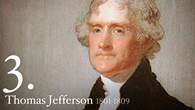
Jefferson stated in his Second Inaugural, March 4, 1805: “I shall need, too, the favor of that Being in whose hands we are, who led our forefathers, as ISRAEL of old.”
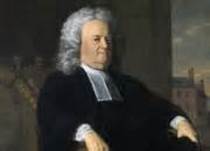
Harvard President Samuel Langdon stated June 5, 1788: “The ISRAELITES may be considered as a pattern to the world in all ages … of government … on republican principles.”
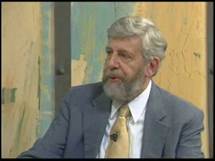
Columnist Don Feder gave an address to the Friends of Israel in 2014 titled “America & Israel–Two Nations Joined At the Heart”. He stated: “More than Athens … more than Roman Law, and English Common Law – Israel shaped America.”
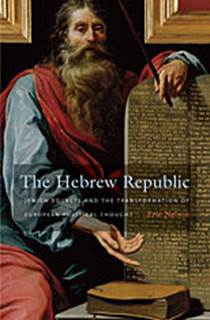
In 2011, Eric Nelson published The Hebrew Republic–Jewish Sources and the Transformation of European Political Thought, providing evidence that political thought in early modern Europe was the Christian encounter with Hebrew sources that provoked this radical transformation: “During the sixteenth and seventeenth centuries, Christian scholars began to regard the Hebrew Bible as a political constitution designed by God…”
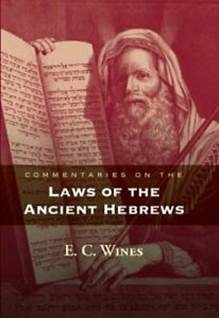
Nelson demonstrates “that central features of modern political thought emerged from an attempt to emulate a constitution designed by God. This paradox, a reminder that while we may now live in a secular age, we owe our politics to an age of religious fervor, in turn illuminates fault lines in contemporary political discourse.”
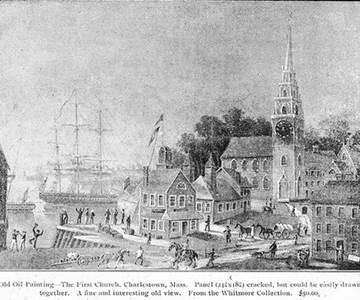
In 1637, John and Ann Harvard sailed for Massachusetts where he took “the freeman’s oath.” He served as a teaching elder and an assistant pastor at the First Church of Charlestown. At age 31, Rev. John Harvard contracted tuberculosis and died on September 14, 1638.
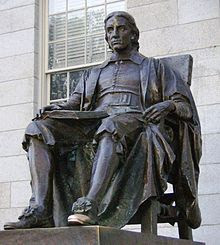
Having no male heir, John left half of his large estate to the College at Cambridge, maybe more important his enormous personal library of over 400 volumes. After his library was used by colonial scholars for over a century, a fire in 1764 destroyed all John Harvard’s books, except one.
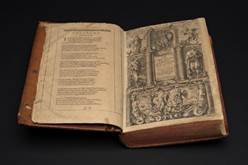
The one book that survived the fire was The Christian Warfare Against the Devil, World and Flesh And Means to Obtain Victory. The General Court of Massachusetts Bay voted in 1639 to rename the College at Cambridge after John Harvard.
It is the oldest institution of higher learning in America.
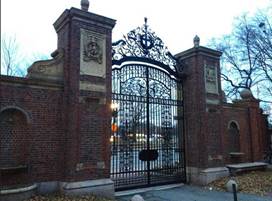
On the wall by the old iron gate at Harvard University’s main campus entrance, and also noted in Harvard Divinity School’s catalog, is the statement of Harvard’s founders:
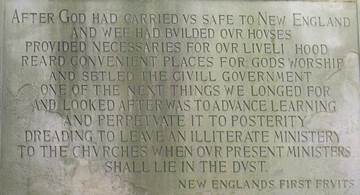
“After God had carried us safe to New England, and we had built our houses, provided necessaries for our livelihood, reared convenient places for God’s worship, and settled the Civil Government: One of the next things we longed for, and looked after was to advance Learning and to perpetuate it to Posterity; dreading to leave an illiterate Ministry to the Churches, when our present Ministers shall lie in the Dust … And as we were thinking and consulting how to effect this great work, it pleased God to stir up the heart of one Mr. Harvard, a godly gentleman and a lover of learning there living amongst us, to give the one half of his estate … towards the erecting of a college and all his Library.”
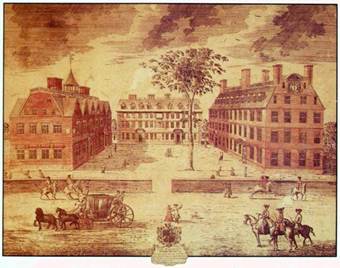
Harvard’s declared purpose was: “To train a literate clergy.” This was consistent with 106 of the first 108 schools in America, which were founded on Christianity.
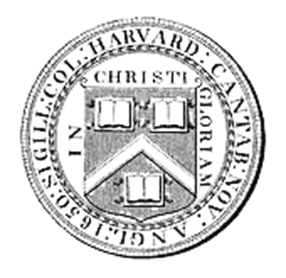
Ten of the twelve presidents of Harvard prior to the Revolutionary War were ministers. Fifty percent of the 17th-century Harvard graduates became ministers. Harvard College was founded in “In Christi Gloriam” as its founders believed: “All knowledge without Christ was vain.” In 1692, the motto of Harvard was: “Veritas Christo et Ecclesiae” (“Truth for Christ and the Church”).
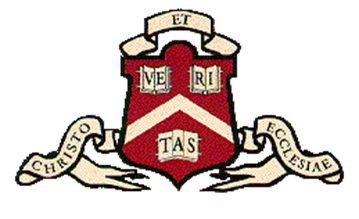
The word “Veritas” on the college seal referenced Divine Truth, and was embedded on a shield, which can be found on Memorial Church, Widener Library, and numerous Harvard Yard dorms.
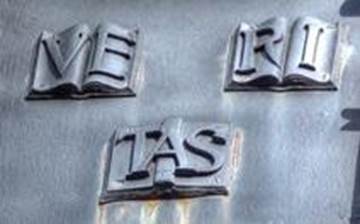
The shield has on top two books facing up and on the bottom a book facing down, symbolizing the limits of reason and the need for God’s revelation.
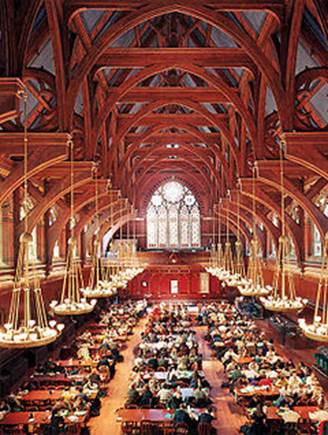
Harvard’s Rules & Precepts, September 26, 1642, stated:
1. When any Scholar … can make and speak true Latin in Verse and Prose … And decline perfectly the paradigms of Nouns and Verbes in the Greek tongue … (he is allowed) admission into the college.
2. Let every Student be plainly instructed, and earnestly pressed to consider well, the main end of his life and studies is, to know God and Jesus Christ which is eternal life (John 17:3), and therefore to lay Christin the bottom, as the only foundation of all sound knowledge and Learning. And seeing the Lord only giveth wisdom, let everyone seriously set himself by prayer in secret to seek it of Him (Prov. 2:3).
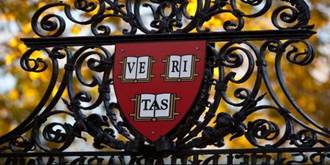
3. Everyone shall so exercise himself in reading the Scriptures twice a day, that he shall be ready to give such an account of his proficiency therein, both in Theoretical observations of Language and Logic, and in practical and spiritual truths,as his Tutor shall require, according to his ability; seeing the entrance of the word giveth light, it giveth understanding to the simple (Psalm, 119:130).
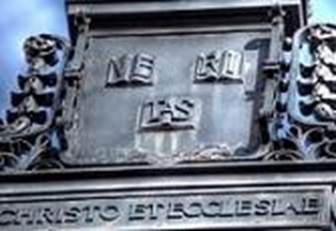
4. That they avoid all profanation of God’s name, Attributes, Word, Ordinances,and times of Worship,do study with good conscience carefully to retain God, and the love of His truth in their minds, else let them know, that notwithstanding their Learning God may give them up to strong delusions, and in the end to a reprobate mind (2Thes. 2:11, 12; Rom. 1:28).
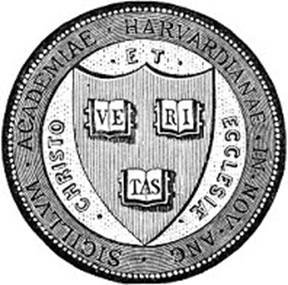
5. That they studiously redeem the time; observe the general hours … diligently attend the Lectures, without any disturbance by word or gesture …
6. None shall… frequent the company and society of such men as lead an unfit, and dissolute life. Nor shall any without his Tutors leave, or without the call of Parents or Guardians, go abroad to other Townes.
7. Every Scholar shall be present in his Tutors chamber at the 7th hour in the morning, immediately after the sound of the Bell, at his opening the Scripture and prayer, so also at the 5th hour at night, and then give account of his own private reading … But if any … shall absent himself from prayer or Lectures, he shall be liable to Admonition, if he offends above once a week.
8. If any Scholar shall be found to transgress any of the Laws of God, or the School … he may be admonished at the public monthly Act.”
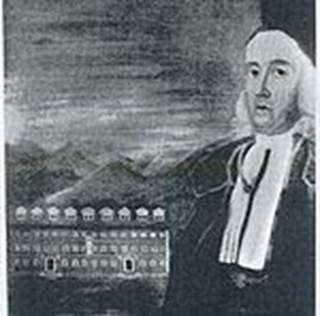
Samuel Langdon was a colonial chaplain and pastor before being chosen as President of Harvard in 1776. In an Election Day address, May 31, 1775, Harvard President Samuel Langdon spoke to the Massachusetts Provincial Congress: “We have rebelled against God. We have lost the true spirit of Christianity, though we retain the outward profession and form of it. We have neglected and set light by the glorious Gospel of our Lord Jesus Christ and His holy commands and institutions. The worship of many is but a mere compliment to the Deity, while their hearts are far from Him. By many, the Gospel is corrupted into a superficial system of moral philosophy, little better than ancient Platonism …
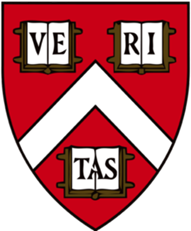
“Wherefore is all this evil upon us? Is it not because we have forsaken the Lord? Can we say we are innocent of crimes against God? No, surely it becomes us to humble ourselves under His mighty hand, that He may exalt us in due time … My brethren, let us repent and implore the divine mercy. Let us amend our ways and our doings, reform everything that has been provoking the Most High, and thus endeavor to obtain the gracious interpositions of Providence for our deliverance … If God be for us, who can be against us? The enemy has reproached us for calling on His name and professing our trust in Him.
They have made a mockery of our solemn fasts and every appearance of serious Christianity in the land … May our land be purged from all its sins! Then the Lord will be our refuge and our strength, a very present help in trouble, and we will have no reason to be afraid, though thousands of enemies set themselves against us round about. May the Lord hear us in this day of trouble … We will rejoice in His salvation, and in the name of our God, we will set up our banners.”
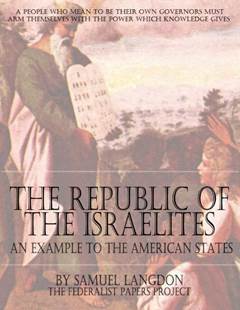
After being President of Harvard, Samuel Langdon was a delegate to the New Hampshire Convention which ratified the United States Constitution in 1788. In the wisdom of the Christian Hebraists, Samuel Langdon gave an address, The Republic of the Israelites an Example to the American States: “From the Israelites we may learn what will exalt our character, and what will … bring us to ruin. Let us therefore look over their constitution and laws … and observe how their prosperity … depended on their strict observance of the divine commands both as to their government and religion.”
All the above is why for so many generations God so greatly blessed America. But the people of God have abdicated the biblical mandate to lead in government, education, and information. Not “seeking first the kingdom of God and His righteous”, the devil has easily filled the vacuum with many of his people today: In 2021, Harvard hired an atheist as its head chaplain.
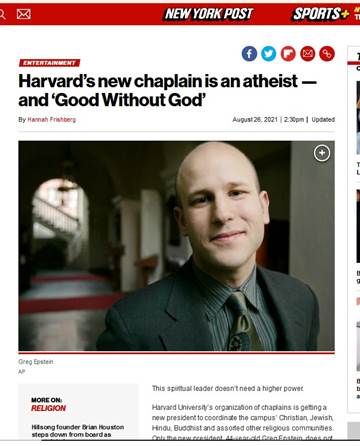
- “My people are destroyed from lack of knowledge. Because you have rejected knowledge, I also reject you as my priests; because you have ignored the Lawof your God, I also will ignore your children” (Hosea 4:6).
- “Where there is no vision, the people perish: but he that keeps the Law, happy is he” (Prov. 29:18).
- “When the godly are in authority, the people rejoice. But when the wicked are in power, they groan” (Prov. 29:2).
For historical and biblical foundation to take specific action for today, read Jim’s book Christian Manifesto (Vol. 1) at: www.JimsBookstore.com
If you know someone you’d like to receive “Christian History”, email their email address to us and we’ll be glad to include them when we email out “Christian History”.
Blessings, Jim
[This blog is free to share if forwarded in its entirety.]